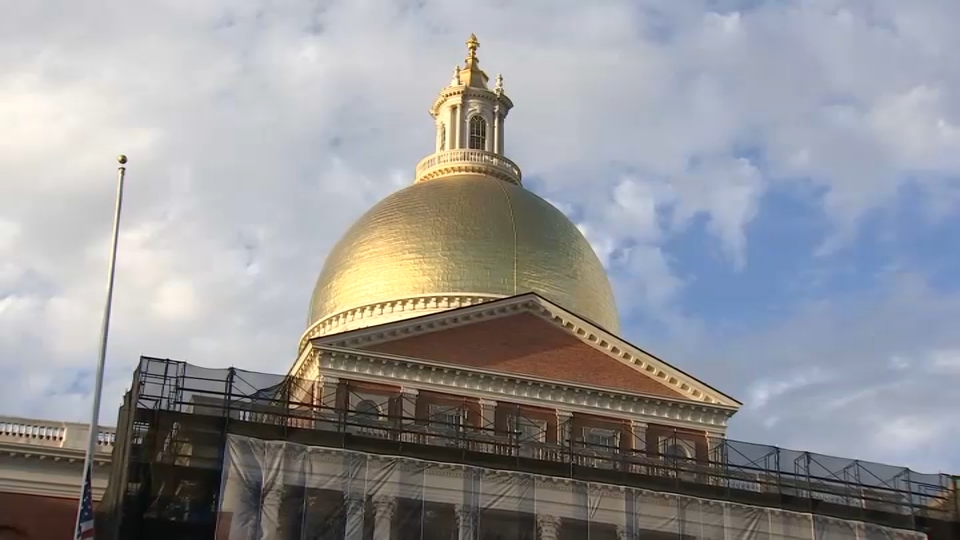
Massachusetts state senators passed a bill Thursday that will strike so-called "archaic laws" from state statutes.
The U.S. Supreme Court ruled anti-sodomy laws unconstitutional in 2003 and Massachusetts has legally recognized same-sex marriage since 2004, but sections of state law still feature discriminatory restrictions on sexual interactions between consenting adults, lawmakers said Thursday.
Massachusetts still has laws on its books that could send a person to prison for sodomy or "unnatural acts," as well as for using the "Holy Name of God" in a curse. The courts have deemed these laws basically irrelevant, but Senate Democrats said Thursday that their continued presence in state statute could be a threat to the LGBTQ+ community and other Bay Staters.
Sen. William Brownsberger of Belmont, who identifies as bisexual, quoted a law from 1641: "If any man lieth with mankind, as he lied with a woman, both of them shall have committed abomination, they both shall surely be put to death."
Get Boston local news, weather forecasts, lifestyle and entertainment stories to your inbox. Sign up for NBC Boston’s newsletters.
That penalty was eventually lessened to a 20-year felony and that is the law that exists on the books today, Brownsberger said.
"In 1879 the general court, with the same sort of criminalization of love, said whoever commits, and I'm quoting 'unnatural and lascivious acts with another person shall be punished by imprisonment,'" he said. This law, which has been interpreted to mean acts of sodomy, has a five-year felony attached to it.
Brownsberger said that even though the laws are not used to prosecute cases any more, it is past time to update the out-of-date statutes.
Local
In-depth news coverage of the Greater Boston Area.
"Today, we seem to have a Supreme Court that's ... backpedaling, they backpedaled on the idea that the right to choose is a fundamental right of a human being enshrined in the Constitution. And we have reason to fear that they will backpedal on other protections for individuals. So in this climate, it is more important than ever, that Massachusetts continue to lead on being a state where we respect the rights of individuals and purge our books of archaic statutes which criminalize love and are based on basically patriarchal fear, notions of cleanliness and uncleanliness and very dated thinking," he said.
Sen. Julian Cyr of Truro added that Massachusetts is the only state in New England that has not removed anti-sodomy laws from its books.
The bill that senators passed Thursday (S 2551) would also repeal certain provisions related to "common nightwalking," a term for prostitution, and would remove this language from the state's laws. It does not affect the legality of prostitution or sex work.
"When you actually look at the instances where this is still used, from 2019 to 2023, nearly 100 percent of the people arrested for common night walking were women. Of all those arrests, Black and Latino women represented 23 percent of the charges, they only make up about 11 percent of the population. And these charges tend to be brought in low-income neighborhoods," Cyr said.
A Sen. Becca Rausch of Needham amendment will also remove so-called archaic laws related to blasphemy, punishing residents for using words related to "God," "Jesus Christ" or the "Holy Spirit" in curses or other non-religious contexts.



